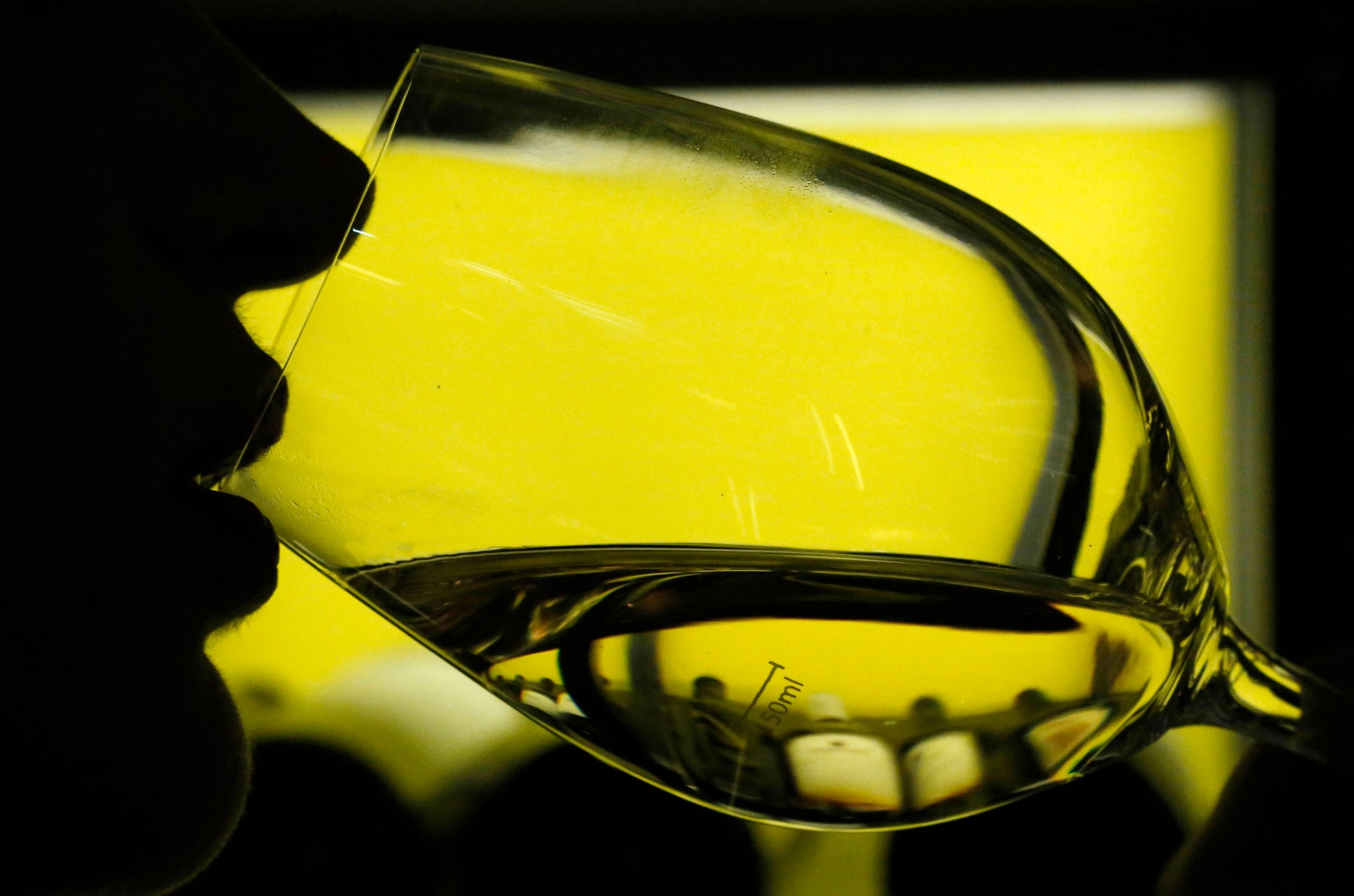The two questions that could determine if you have an alcohol problem
Study claims that just two simple questions could be all takes for a GP to identify potential or real alcohol abuse

Your support helps us to tell the story
From reproductive rights to climate change to Big Tech, The Independent is on the ground when the story is developing. Whether it's investigating the financials of Elon Musk's pro-Trump PAC or producing our latest documentary, 'The A Word', which shines a light on the American women fighting for reproductive rights, we know how important it is to parse out the facts from the messaging.
At such a critical moment in US history, we need reporters on the ground. Your donation allows us to keep sending journalists to speak to both sides of the story.
The Independent is trusted by Americans across the entire political spectrum. And unlike many other quality news outlets, we choose not to lock Americans out of our reporting and analysis with paywalls. We believe quality journalism should be available to everyone, paid for by those who can afford it.
Your support makes all the difference.Two questions is all it could take to establish whether a person currently suffers from or is at risk of a drink problem, a study for GPs says.
‘How often do you have six or more drinks on one occasion?’ and ‘as a result of your drinking or drug use, did anything happen in the last year that you wish didn’t happen?’ are the two enquiries a GP could make to detect hidden alcohol abuse, it claims.
Scientists from the University of Leicester, led by consultant in psycho-oncology Alex Mitchell, looked at 17 previous alcohol studies spanning 5,646 people to see whether simple preliminary screening using one or two questions could provide an accurate foundation for intervention.
The team found that the “optimal approach appears to be two questions” followed by a possible four more.
If this was completed then it “achieved an overall accuracy of 90.9 per cent and required only 3.3 questions per attendee.”
The study was published today in the British Journal of General Practice.
GPs do not currently need to screen every patient for alcohol problems, the researchers say, but should they wish to do so many of the surveys available can be as long as ten questions.
Too large a questionnaire could be a long and drawn-out task to administer to each patient.
Instead, the scientists wanted to determine whether there is room for a shorter survey to be used more widely “without sacrificing accuracy.”
If the two questions were used alone it correctly identified alcohol abuse in 87.2 per cent of cases as well as correctly identifying those who do not suffer with alcohol problems in 79.8 per cent of cases.
The extra four questions to maximise accuracy were part of the CAGE questionnaire, a “four-question survey widely used to screen for alcoholism,” which was developed by John Ewing in 1984.
The Alcohol Use Disorders Identification Test (AUDIT) uses ten questions.
The implications of concluding that two questions is all that is needed to detect alcohol abuse in a significant portion of the population means that GPs may be able to screen for problems much easier and quicker than previously thought.
Join our commenting forum
Join thought-provoking conversations, follow other Independent readers and see their replies
Comments